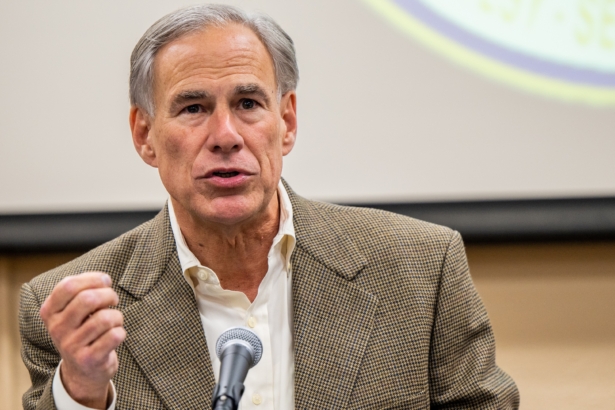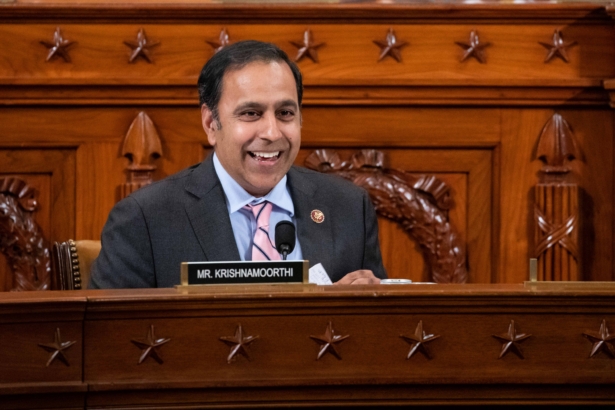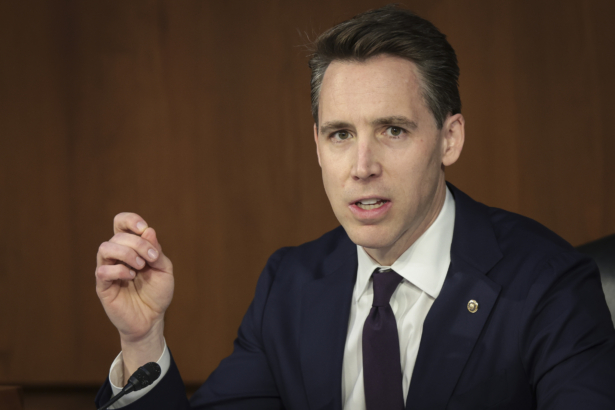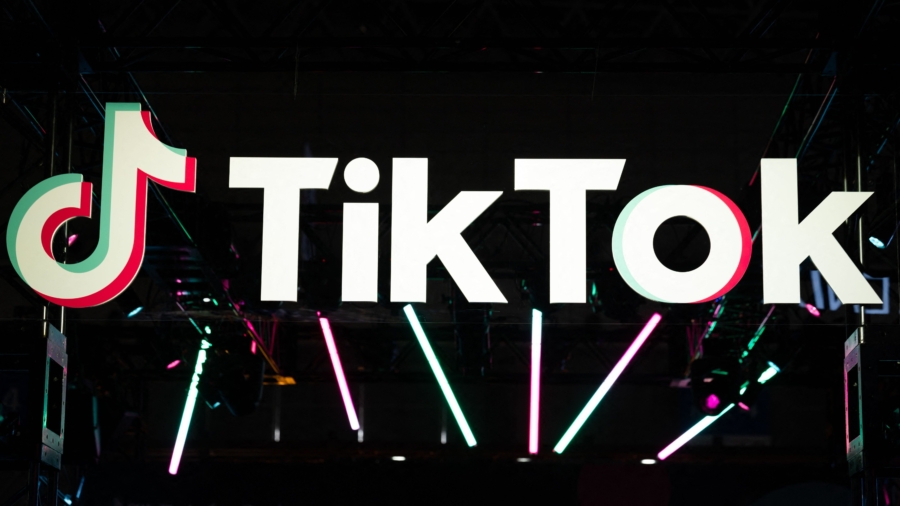Texas Gov. Greg Abbott on Feb. 6 announced a plan to ban the use of TikTok on state-issued devices.
The video-sharing app TikTok is owned and operated by ByteDance, which is a Chinese company that moved its headquarters to Singapore in 2020.
It has long been controversial, particularly among Republicans, for potentially enabling the Chinese Communist Party (CCP) access to the private info of Americans—including minors, who are overrepresented on the app.

Many states across the union have responded to the concern by banning TikTok on government cell phones, laptops, and tablets, citing the risk of the Chinese thereby accessing sensitive or classified data. At the end of January, Maine became the 29th U.S. state to ban TikTok from the devices of government employees.
Now, Abbott is seeking to make Texas the 30th state to pass such a law.
The Texas governor announced his plans to ban the app from government devices in a Feb. 6 statement.
“The security risks associated with the use of TikTok on devices used to conduct the important business of our state must not be underestimated or ignored,” Abbott said.
He continued: “Owned by a Chinese company that employs Chinese Communist Party members, TikTok harvests significant amounts of data from a user’s device, including details about a user’s internet activity. Other prohibited technologies listed in the statewide model plan also produce a similar threat to the security of Texans.
“It is critical that state agencies and employees are protected from the vulnerabilities presented by the use of this app and other prohibited technologies as they work on behalf of their fellow Texans. I thank the Texas Department of Public Safety and Texas Department of Information Resources for their hard work helping safeguard the state’s sensitive information and critical infrastructure from potential threats posed by hostile foreign actors.”
Efforts at a National Ban
While states continue to fall into line against TikTok, some federal lawmakers are looking for a more comprehensive national solution to the app.
On Dec. 23, 2022, Congress passed a law banning TikTok from government devices, a policy in line with many of the already-existing state policies.
Rep. Raja Krishnamoorthi (D-Ill.), one of the most outspokenly anti-CCP Democrats in the lower chamber, applauded the move in a statement at the time, but called for further action.

“While this is a major step forward for the security of our government,” Krishnamoorthi wrote, “it’s imperative that we take additional steps to protect individual American citizens from the threats posed by the Chinese Communist Party’s control of TikTok.
Exactly one month after the passage of that bill, Sen. Josh Hawley (R-Mo.) unveiled another bill that would ban the distribution of the app within the United States altogether.
He said the ban is necessary not only to protect the privacy of Americans young and old alike, but is also crucial for young people’s well-being.

“TikTok is China’s backdoor into Americans’ lives,” Hawley said. “It threatens our children’s privacy as well as their mental health.”
“Last month Congress banned it on all government devices. Now I will introduce legislation to ban it nationwide.”
TikTok decried the move, saying that a ban on the app would not solve Hawley’s national security concerns.
“Sen. Hawley’s call for a total ban of TikTok takes a piecemeal approach to national security and a piecemeal approach to broad industry issues like data security, privacy, and online harms,” said a TikTok spokesperson in an email to The Epoch Times.
“We hope that he will focus his energies on efforts to address those issues holistically, rather than pretending that banning a single service would solve any of the problems he’s concerned about or make Americans any safer.”
In his Dec. 23 statement, Krishnamoorthi indicated that he would be on board with a resolution like Hawley’s.
“So long as TikTok remains under Beijing’s direction, its capacity to track the real-world movements and online activities of Americans while potentially serving them curated propaganda poses too great of a threat to be ignored,” Krishnamoorthi said. “I urge my colleagues to join us in support of this bipartisan legislation to ban TikTok unless its ownership and control are moved out of the reach of the Chinese Communist Party.”
However, Hawley is not the only upper-chamber lawmaker raising alarms about TikTok; concerns about the platform are bipartisan.
Sen. Mark Warner (D-Va.), chairman of the Senate Intelligence Committee, said during a Feb. 2 interview with Fox Business that his “patience is running thin” over the Biden administration’s lack of progress in determining the extent of Chinese engineers’ access to the personal data of TikTok users in the United States.
“I’ve been raising concerns about TikTok for months, and let’s go into the two concerns I have. One, the amount of data that TikTok is collecting, since so many of our users are kids, on our kids, that that data resides in China. And even though TikTok has said that’s not the case, there have been constant examples where it has been proven that Chinese engineers are still getting access to that data.”
Mimi Nguyen Ly, Michael Washburn, and Andrew Thornbrooke contributed to this report.
From The Epoch Times

